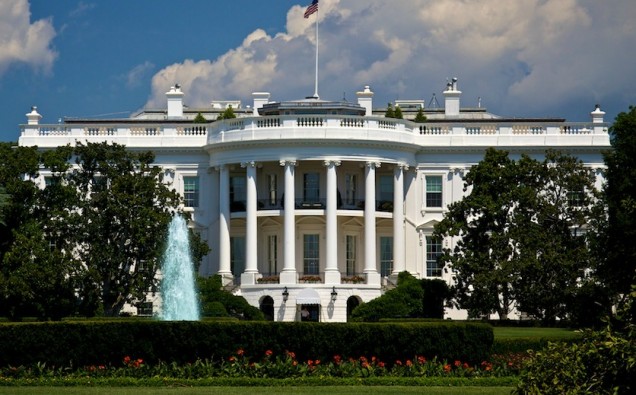
Washington has welcomed a Pakistan’s National Security Committee concluding there was no foreign conspiracy behind Imran Khan’s ouster from power earlier this month through a parliamentary vote.
“So, as we have continued to say all along, there’s absolutely no truth to those rumors — so we welcome this statement,” State Department Principal Deputy Spokesperson Jalina Porter said when a journalist sought the US reaction to the statement
In her comments on the highest Pakistani security forum’s statement, the State Department spokesperson also reiterated Washington’s position that it values its long-term relationship with Pakistan.
“And I would also like to underscore that the United States values our longstanding cooperation with Pakistan and has always viewed a strong, prosperous, and democratic Pakistan as critical to US interests,” she added.
.Former prime minister Imran Khan has alleged that the U.S. helped orchestrate his ouster from the Parliament – where his thin majority allowed his government to rule or more than three years – since Washington opposed his trip to Moscow on the eve of the Russian attack on Ukraine.
Khan based on a cable sent by the former Pakistani ambassador to the United States, Dr. Asad Majid Khan.
The United States has dismissed the allegations, saying there is absolutely no truth to them.
Earlier, former ambassador Khan appeared before the NSC to testify the contents of his message, which was based on a conversation with a senior State Department official.
Khan, meanwhile, continues to rally people behind him, and according to Pakistani analysts, has amassed a massive following. He has demanded national elections at the earliest.
Following the NSC statement, Imran Khan’s aides have said it endorsed their claim of foreign interference in bringing about the regime change in Pakistan as the NSC backed the contents of the last NSC meeting chaired by the then prime minister Khan.
The NSC in Islamabad was chaired by Prime Minister Shehbaz Sharif and included members of his cabinet and senior military commanders including Arm Chief General Qamar Bajwa.
Sharif belongs to the industrialist family and is the brother of former prime minister Nawaz Sharif. His party Pakistan Muslim League (N) and former president Asif Zardari Pakistan People’s Party are the two major political parties in the current coalition of parties. Imran Khan leads the Pakistan Tehreek-e-Insaf party, which he founded about two decades ago.
The three parties will be the biggest players in national elections.
Pakistan is a major non-NATO ally of the United States but relations between the two countries have strained over several issues including Afghanistan. Analysts in both Washington and Pakistan see the relationship as being critical to U.S. interests amid new strategic developments at a time when China’s rise as a challenging economic and political power and Russia’s invasion of Ukraine test the U.S. leadership.
Meanwhile, India, one of the closest U.S. partners in South Asia, has refused to forcefully condemn the Russian invasion of Ukraine and continues to buy oil and large weapons from Moscow.
Muhammad Luqman in Pakistan contributed to this report.














